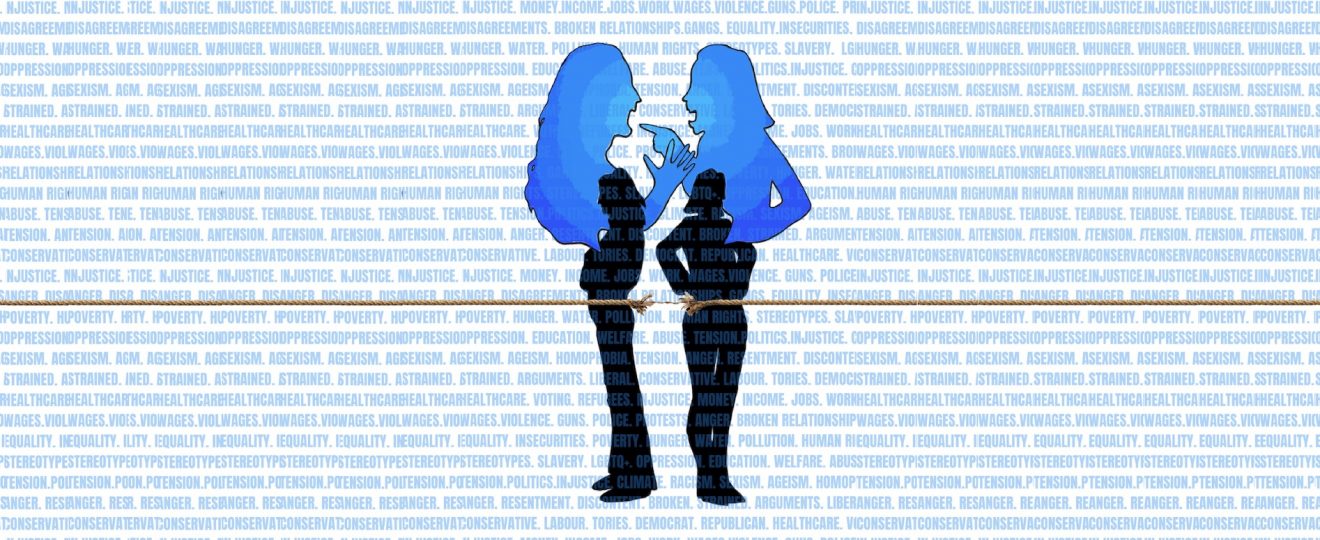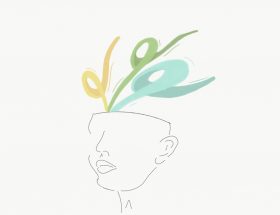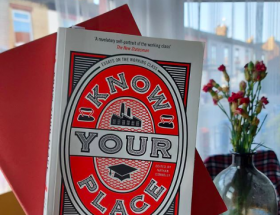During the height of the Black Lives Matter (BLM) and George Floyd protests, I took a two week hiatus from social media. I had shared and donated multiple times but I still felt guilty. There was, quite frankly, nothing tangible I could do to change centuries of brutality and injustice. Posting on my story was the least I could do; I couldn’t travel to bigger cities to join protests as a result of Covid, and there was only so much I could donate. So I deleted Instagram – the main source of my news – for some peace of mind. What followed were several conversations with close friends.
For the purposes of this article, the people mentioned will remain unnamed. The conversation I had with Person A seemed rather confusing to start. They felt extremely conflicted about the act of sharing links and information on social media. Now, Person A, I’ll have you know, is not the type of person to share anything on their story. Annually, they may post a picture or two, surrounded by friends or family. Rarely will they post a story, or even go on Instagram for that matter, but the fact remained that with each passing day, they felt increasingly guilty at their lack of action in such a politically and socially charged time. To make matters worse, Person A’s absence on the platform had resulted in a shift, and a possibly permanent divide in a significant friendship. One of Person A’s friends was understandably emotionally distraught at their voicelessness. This friend, as you have probably deduced, is black.
To get to the actual conversation at hand, I believe Person A confided in me, not to get my advice, though I did offer some, but to share in the gnawing discomfort we both felt. They wanted to alleviate some of the shame they felt after the conversation with their friend, unsure if they could ever repair that friendship. They too had deleted social media apps off of their phone. I couldn’t help but suggesting they take some time to reflect and educate themselves on the slew of issues facing black Americans, and, indeed, black people around the world. After our two-hour phone call, Person A had another very lengthy conversation with their friend. They posted a few stories that linked to information and donation pages and then resumed their silence on the platform. Back then, I was not quite sure what to make of this.
Performative allyship or activism, which is what I now understand this case to be, is very surface level. Here, devotion to the cause is simply not present. Public pressure results in the desire to prove oneself and these posts are often inflammatory and insincere. Think of Blackout Tuesday. This was an attempt to rally collective action against racism and police brutality following the murders of George Floyd, Ahmaud Arbery, and Breonna Taylor. What occurred was an onslaught of black squares posted by non-black individuals, ‘clogging’ up a day that was meant to spread black voices and share experiences. The issue with this was not that people were sharing black squares on their timelines, but that their only form of activism was merely a blank image accompanied by a hashtag. Many have pointed out the problems with this form of activism, which, while spreading some limited information, fails to provide any concrete aid to the cause. These actions serve to make the individual at hand feel substantially better about themselves and their continued absence online. I would like to state however, I will not make any assumptions about Person A. For all I know, they could have donated massively to various BLM organisations and signed dozens of petitions. My only observation is that their actions, on the surface, were of a performative nature.
Then we have Person B. This is where this article becomes slightly more direct. Person B is a very close friend of mine. They did not post anything during BLM, the Lebanon explosion, or during the current outcries regarding the Palestinian genocide. They are frequently active on Instagram, though they do not post very regularly, and almost never post stories. They have black, Lebanese, and Palestinian friends. They refuse to discuss politics in conversation, using the excuse, “I’m just not political. I stay out of politics”.
Truly, I’m not quite sure where to begin with Person B. Over the last year and a half, I really felt an internal shift when it came to politics and social issues. This isn’t to say that I hadn’t spoken out prior to March 2020, but that my process of thinking about such issues was somewhat naïve and sheltered. I am extremely fortunate to be offered so many privileges in today’s society and there can be times that I, among others, forget to remind myself of my position. When it comes to Person B, they too come from a place of extreme privilege, a place where they can afford to refuse to engage with politics. Hypocrisy plays a large role here, in the refusal to share the injustices of others while willing to promote information that affects one’s nation. Frequently I notice nationalistic sentiment on social media but those who share the voices of others’ countries are few and far between. In retrospect, I would like to state that I have not actually had a conversation with Person B about this matter. I have however, had a conversation with another close friend of Person B. Though we did not discuss our mutual friend explicitly, there was an undertone of outrage at their blatant excuses and unwavering silence.
As someone who is constantly sharing posts and donating, it feels wrong to remain such close friends with someone who so very clearly does not care about social injustice. To be perfectly candid, I struggle with this repeatedly. I question whether I should call them out every time they fail to pass the expectations I have placed upon them. Over time, I have ended up accepting these people, despite their behaviour, but should I? Where does one draw the line? It all comes down to whether or not we believe humans have the capacity for change. Any conversation can have an impact; you may not be able to change someone’s belief systems, but you can certainly bring topics they ignore to the forefront of their mind. Having those uncomfortable conversations with your loved ones is essential. The strain and tension that discourse of social issues creates is thereby necessary to make any progress with those who are otherwise ignorant or closed off to the world around them.
On a personal note, as an Iranian-American, I am under constant internal political conflict. The recent American presidential election was unforgivingly rough and the choice given was to pick the lesser of two evils. It may seem like a black-and-white situation to many fellow Americans, but as someone with ties to the Middle East, the issues surrounding the election candidates were much more nuanced.
It has become increasingly difficult to support Joe Biden. Cognitive dissonance scratches at my insides; even though my decision to vote him and Kamala Harris in, alongside millions of Americans, was the so-called ‘right thing to do’ in order to benefit the US, the consequences have not changed for the better in nations outside the US, even worsening in some scenarios. The Iranian nuclear deal, signed under Obama in 2015, was supported by Biden, and yet, several months into his presidency, Biden has not managed to return to the deal. In his campaign, Biden had promised a reversal of Trump’s decision to abandon the nuclear deal as well as an end to the 2019 implementation of increasingly harsh economic sanctions on Iran. However, it seems we have entered into the infamous presidential ‘back-track’, as these plans have been placed on hold, perhaps indefinitely.
Then we have Harris’ unwavering support for Israel, which includes a whopping yearly 3.8 billion US dollars in military assistance. This support, I would like to add, was not referenced until Harris’ acceptance speech. As a result of said actions, these two individuals have created chaos on an international sphere, but have also managed to spark internal conflict within dual nationals such as myself. When I come to think of such issues, my mind is torn; while I do believe I made the right choice by voting for Biden, international policies and politics make it increasingly more difficult to accept his presidential actions. The situation is too complex to be understood without conversations happening on both sides and it was having those conversations with family and friends that helped me realise how important it is to talk about politics. After all, politics bleeds into every part of daily life, and it is up to those in positions of privilege to take the time to have informative discussions about issues that disadvantaged people face.

Art by Skye Jones




